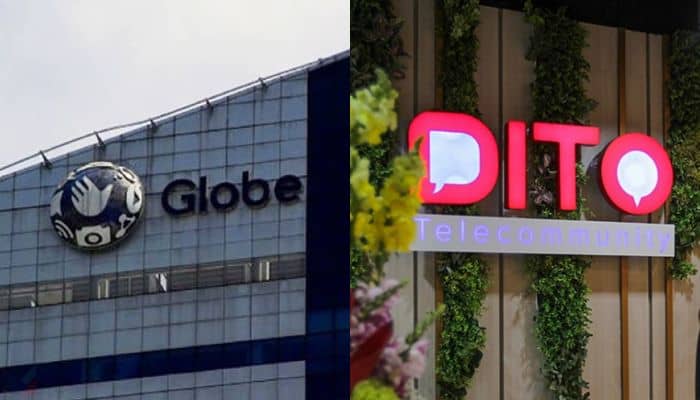Sydney, Australia – The Australian Competition and Consumer Commission (ACCC) has released a report today that has raised concerns on the state of the advertising technology space in Australia, specifically tech giant Google’s dominance of the sector, which may potentially harm advertisers and publishers.
According to their report inquiry, Google has a dominant position in key parts of the adtech supply chain and estimates that more than 90% of ad impressions traded via the adtech supply chain passed through at least one Google service in 2020.
It is estimated that in Australia, at least 27% of advertiser spend on ads sold via the adtech supply chain was retained by adtech providers in 2020.
Furthermore, the report finds that Google has used its position to preference its own services and shield them from competition. For example, Google prevents rival adtech services from accessing ads on YouTube, providing its own adtech services with an important advantage. In addition, Google has also refused to participate in publisher-led header bidding, an industry innovation aimed at increasing competition for publishers’ inventory, and previously allowed its services to have a ‘last look’ opportunity to outbid rivals.
“Google has used its vertically integrated position to operate its adtech services in a way that has, over time, led to a less competitive adtech industry. This conduct has helped Google to establish and entrench its dominant position in the adtech supply chain,” Rod Sims, chair at ACCC, said.
Part of the tech giant’s dominance in the adtech sector are key acquisitions of several companies such as DoubleClick in 2007, AdMob in 2009, as well as YouTube in 2006. In addition, factors such as access to consumer and other data, access to exclusive inventory and integration across its adtech services cemented their dominance in the sector.
“Google’s activities across the supply chain also mean that, in a single transaction, Google can act on behalf of both the advertiser (the buyer) and the publisher (the seller) and operate the ad exchange connecting these two parties. As the interests of these parties do not align, this creates conflicts of interest for Google which can harm both advertisers and publishers,” Sims stated.
He added that the ACCC is concerned with Google’s adtech dominance, noting that the lack of competition has likely led to higher adtech fees. He further stated that an inefficient adtech industry means higher costs for both publishers and advertisers, which is likely to reduce the quality or quantity of online content and ultimately results in consumers paying more for advertised goods.
“The ACCC is considering specific allegations against Google under existing competition laws. However new regulatory solutions are needed to address Google’s dominance and to restore competition to the adtech sector for the benefit of businesses and consumers. We recommend rules be considered to manage conflicts of interest, prevent anti-competitive self-preferencing, and ensure rival adtech providers can compete on their merits,” Sims continued.
They have also noted that many of the concerns they identified in the adtech supply chain are similar to concerns in other digital platform markets, such as online search, social media, and app marketplaces. These markets are also dominated by one or two key providers, which benefit from vertical integration, leading to significant competition concerns. In many cases, these are compounded by a lack of transparency.
“We have identified systemic competition concerns relating to conduct over many years and multiple adtech services, including conduct that harms rivals. Investigation and enforcement proceedings under general competition laws are not well suited to deal with these sorts of broad concerns, and can take too long if anti-competitive harm is to be prevented,” Sims concluded.
Google has access to a large volume and range of first-party data gathered through its customer-facing services, such as Search, Maps, and YouTube. The extent to which Google uses its first-party data to advantage its adtech businesses is not clear and is a source of confusion among industry stakeholders.
The report also recommends that under the proposed new sector-specific rules, the ACCC be given the power to develop and implement special measures to address competition issues caused by an adtech provider’s data advantage, such as data separation or data access requirements to address the competition risks that may arise from the use of first-party data.






